
Article
Amsterdam Is Embracing a Radical New Economic Theory to Help Save the Environment. Could It Also Replace Capitalism?
Time,
2021
Recommendation
In 2017, economist Kate Raworth penned her theory of “doughnut economics,” a hypothesis that explores the push/pull dynamic between the demands of economies and the constraints of an overburdened planet. Journalist Ciara Nugent explores the concept of doughnut economics in the initial steps taken by the city of Amsterdam to put the theory into practice. Economists, policy experts and business leaders will find some intriguing arguments, both pro and con, in this insightful article.
Summary
About the Author
Ciara Nugent is a journalist for TIME.
Learners who read this summary also read
Book
Book
Video
Report







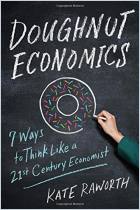
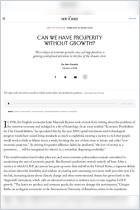
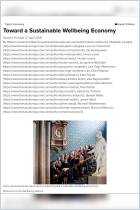
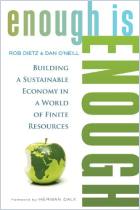
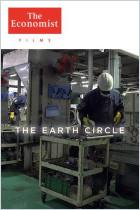
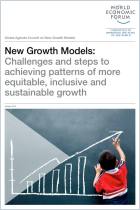
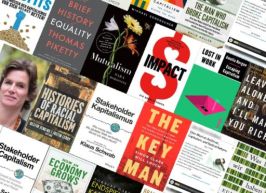



Comment on this summary or Начать обсуждение